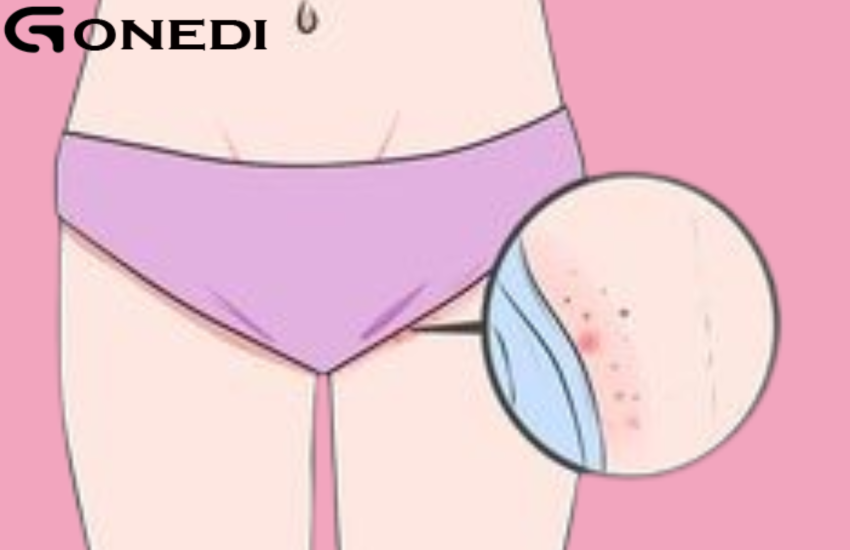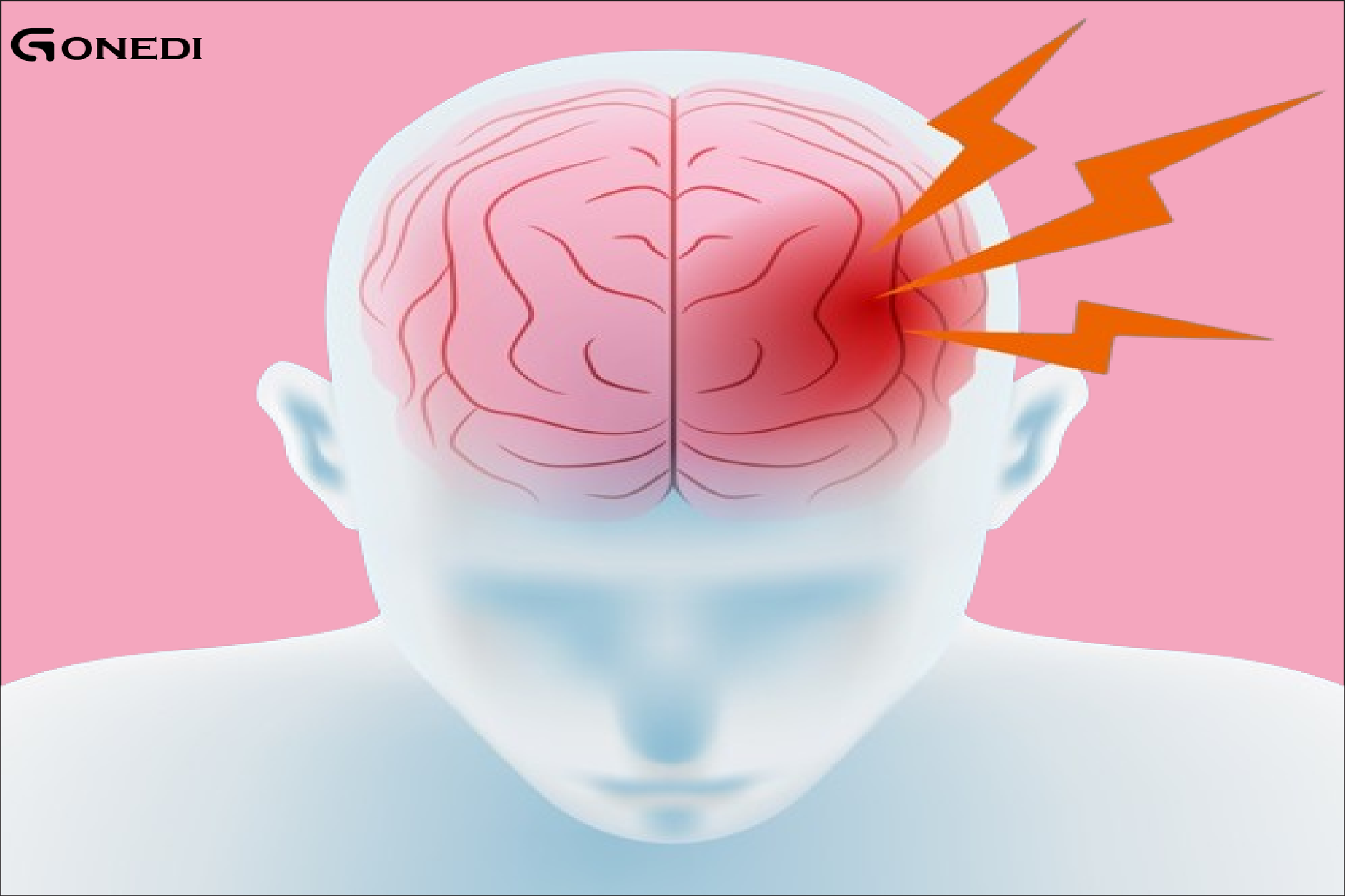It looked like a pimple on his head, but what they pulled out shocked them
Head pimples, although less common than other parts of the body, can be very annoying. It is important to understand important information about scalp acne. Here’s a comprehensive guide:
Causes of scalp pimples:
Clogged pores and follicles:
Dead skin cells and natural oils that enter the pores can cause pimples on the scalp.
The entry of bacteria and germs into the pores may lead to inflammation.
Folliculitis:
Dermatitis caused by damage to hair follicles may cause red pimples to appear on the head.
Acne and hormonal changes:
Hormonal fluctuations, medications, skin care products, and sports equipment can make the scalp more prone to acne.
Allergic reactions:
Allergic reactions to certain hair products or allergens can contribute to scalp pimples.
Dandruff:
Dandruff may cause blisters on the scalp, accompanied by itching and dryness.
Keratin buildup:
Accumulation of keratin in skin cysts under the scalp can lead to pilar cysts or pimples.
skin cancer:
Skin cancer that affects sun-exposed areas, such as the head, may cause pimples.
Scalp psoriasis:
Scalp psoriasis can cause red, scaly patches, itching and bleeding, making pimples more likely.
Presence of lice:
While lice do not directly cause pimples, the intense itching from their presence may lead to scratching, inflammation, and blisters.
Treating head pimples:
Use warm compresses on the affected area.
Choose antibacterial shampoos.
Make sure that hair products do not cause pimples.
Use products that contain salicylic acid or glycolic acid to exfoliate dead skin cells.
Use tea tree oil for its antibacterial properties.
Incorporate jojoba oil into your shampoo to reduce inflammation.
Reduce the use of oily products to prevent clogged pores.
Wash hair with cold water.
Consult a doctor to get prescribed medications to address the root cause.
Preventing the appearance of scalp pimples:
Keep your scalp clean by washing your hair when it becomes oily or after exercise.
Identify allergies to hair products.
Avoid contact with individuals with lice problems.
Wear breathable headgear to prevent chafing.
Wash hair immediately after exercising.
Use natural and hypoallergenic hair products.
Avoid excessive use of hair products such as gels.
Make sure you take enough vitamins A, D, and E for healthy skin.
For some, washing hair infrequently may cause pimples, while for others, frequent washing may remove protective sebum. Balancing your hair care practices is essential to reduce the risk of pollutants and bacteria entering the scalp.


